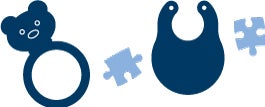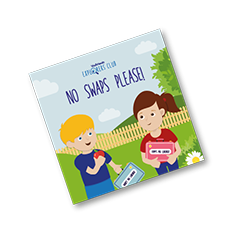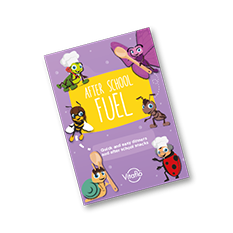Oral hygiene is essential for all ages and good habits should be established as early as possible. It is recommended to help your child to brush their teeth until at least the age of seven. However, do encourage your child to have a go at brushing their teeth first before you take over.
Here are some general tips for good toothbrushing:
It is advisable to wait 30 minutes to brush teeth following consumption of food or drink including protein substitutes. However, if this is not possible, encourage your child to rinse their mouth with water.
Try not to allow your child to suck the liquid from pouches through their teeth. You could use a reusable straw to help bypass the front teeth.
When you visit the dentist, be positive about it and make the trip exciting. There are books and YouTube videos available for children about visiting the dentist to make them aware of what happens before they go.
It may be nice to read Sprout’s Sparkling Smile again to them to remind them of the importance of keeping their teeth healthy. Watch the videos or read the books together to talk over any questions or concerns they might have.






